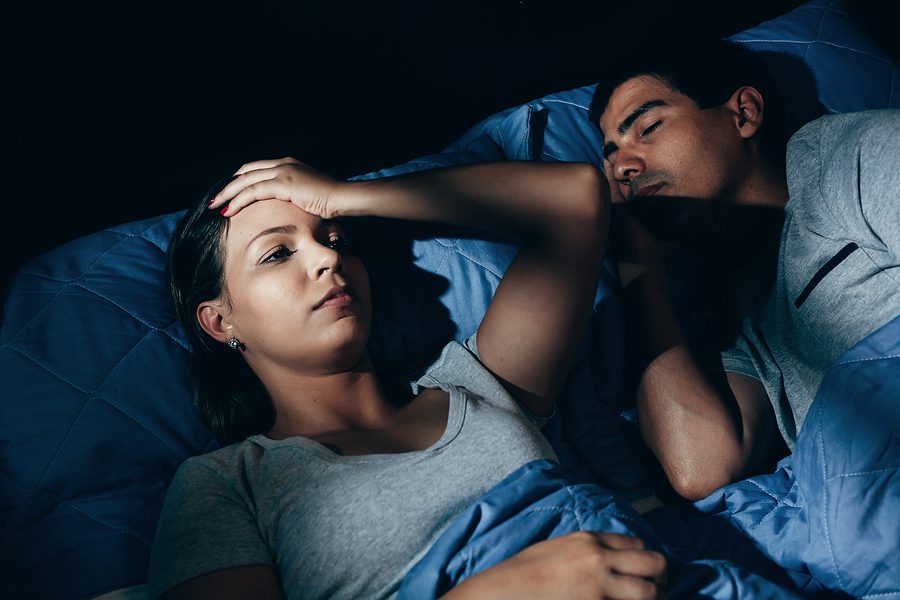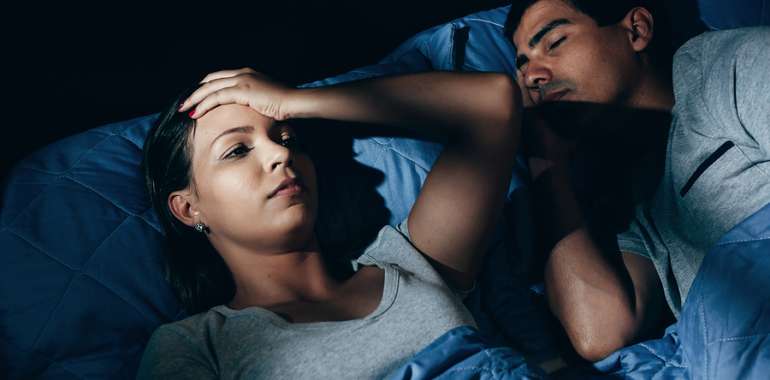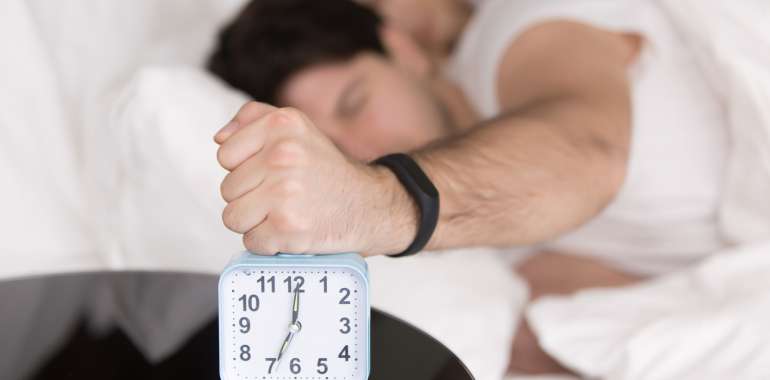
Sleep is one of those activities in life that everyone has in common. All beings – humans and non-humans – need sleep. While most people think they know what sleep is and why it is important, people today report they routinely don’t get enough of it.
Interestingly, sleep researchers are just now really starting to uncover exactly what sleep is and why we need it – a field of study that is now termed the “science of sleep.”
Sleep deprivation, of course, is the term used to describe not getting sufficient sleep, whether it is just for a single night or the deprivation is chronic. This article takes a closer look at what sleep deprivation is, how it affects us and why it is so important to correct sleep deprivation quickly.
What Is Sleep, Exactly?
According to Harvard Medical School’s Division of Sleep Medicine, sleep is characterized by measurable changes in brain waves, heart rate, breath, temperature in the body and similar traits.
There are also different stages of sleep, with REM and non-REM being the major ones that are broken down into sub-categories. These stages are each important for different reasons and each stage is needed in order for nightly sleep to be fully beneficial.
How to Know You Have Slept
Most people are predisposed to trust their own self-reports of personal sleep habits. Yet, actually, it can be surprisingly difficult to pinpoint reasons for not feeling rested in the morning – after all, you were supposedly asleep at the time the problems were occurring!
For this purpose, researchers and sleep experts turn to the sleep study to find out exactly what is going wrong. In a sleep lab, your sleep is monitored to better understand issues with falling asleep, staying asleep, falling back asleep and waking.
Undergoing a sleep study can be particularly important if you feel like you are chronically sleep-deprived but you feel like you are sleeping.
What Is Sleep Deprivation?
At its most fundamental, sleep deprivation is being deprived of (i.e. not able to or allowed to) sleep. When you are not able to get to sleep or to get as much sleep as you need, various symptoms can arise to signal it is time to seek help.
Common Sleep Deprivation Effects
Symptoms of sleep deprivation can vary from mild to severe. The most commonly reported symptom of sleep deprivation is feeling sleepy or mentally groggy during the day.
Many people also experience changes in mood, hunger levels, mental focus, memory issues, physical pain and issues with drowsiness behind the wheel. Some patients can experience disorientation, panic or even hallucinations associated with being chronically deprived of sleep.
Here, it is important to understand that some sleep deprivation effects after just one night can potentially be fatal. The impairment your body and brain experiences when sleep deprived can rob you of higher executive brain functions that control judgment, planning and reaction times and put your heart under stress.
Thank you for reading! We think it’s fun to explore both sides of things to help us learn what best fits us. So if you’d like, check out an article about what happens when we sleep too much here!





